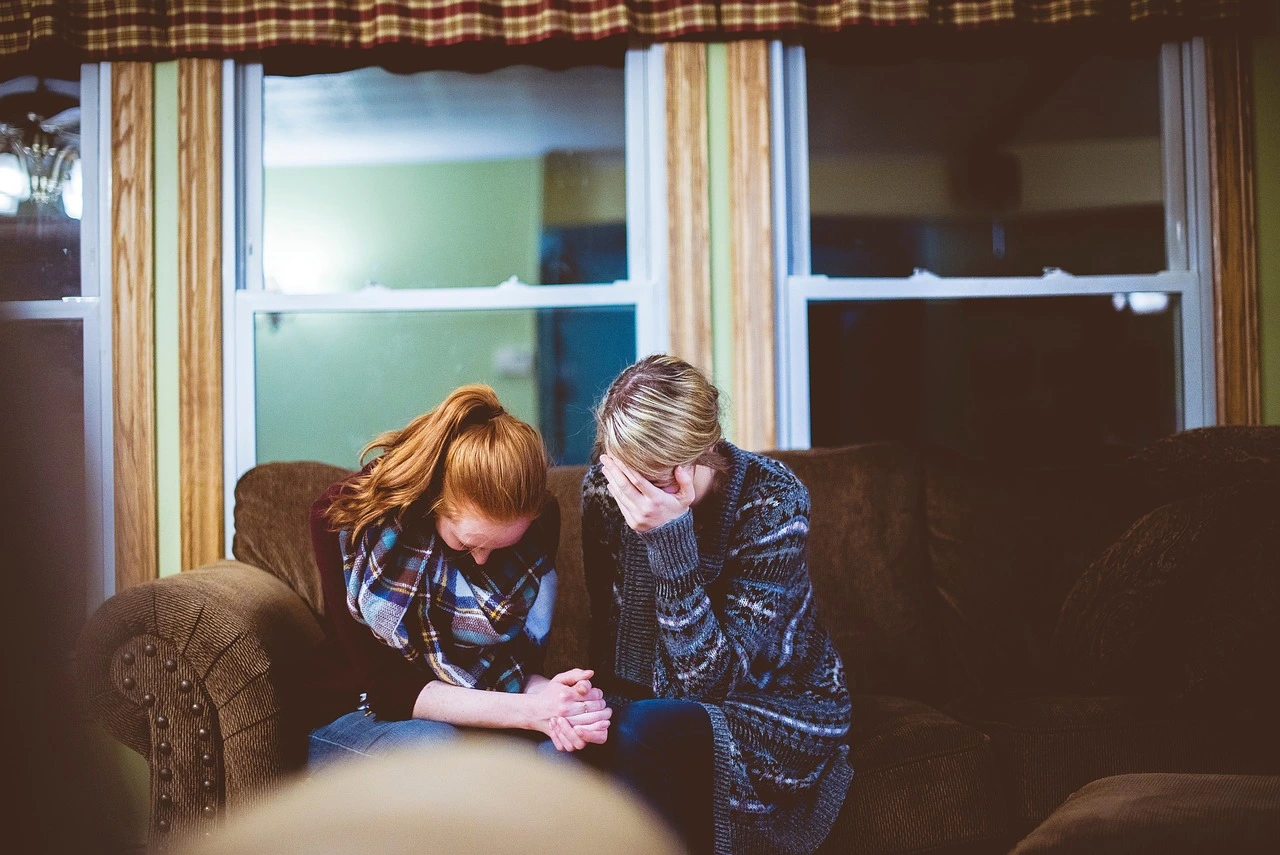Life throws its fair share of curveballs, and loss is a guaranteed one. Whether it’s the passing of a loved one, a brutal breakup, or even the loss of a dream job, these experiences leave a mark. Ideally, we grieve, process the pain, and eventually move forward. But sometimes, that grief gets stuck – it lingers like a stubborn stain, bleeding into every aspect of our lives, especially our relationships.
So, How Does Unresolved Grief Affects Relationships? Let’s delve into the shadows and explore the ways this emotional baggage can disrupt the connections we hold dear.
The Emotional Rollercoaster
Unresolved grief is like a theme park ride gone wrong. You might be stuck in a loop of intense emotions – anger, sadness, loneliness – that can leave you unpredictable and volatile. Imagine snapping at your partner because they forgot to pick up milk when the real trigger is the unresolved anger you haven’t dealt with since your friend moved away.
This emotional volatility can push people away. They might feel like they’re constantly walking on eggshells, unsure of what will set them off. It can also make it difficult for you to be fully present and engaged in relationships. You’re busy battling your inner demons while the world spins around you.
The Trust Factor
Grief can make you hyper-vigilant for signs of abandonment. The pain of losing someone you love can make it hard to trust others to stick around. This lack of trust can manifest as possessiveness, jealousy, or even pushing people away before they have a chance to get close. It’s a self-defense mechanism, a way to protect yourself from further hurt. But the irony is that it often sabotages the very connections you crave.
The Living vs. the Lost
Sometimes, unresolved grief can lead to a phenomenon called “idealization” of the lost person. We paint them in a perfect light, forgetting their flaws and focusing only on the good times. This can create an unfair comparison for anyone new in your life. Imagine constantly comparing your current partner to a romanticized version of your ex. It’s a recipe for disappointment and dissatisfaction.
The Challenge of Moving Forward
Unresolved grief can leave you stuck in the past, unable to embrace new experiences and relationships. You might feel like you’re betraying the memory of the person you lost by letting someone new in. This fear of moving forward can prevent you from healing and enjoying the present.
So, What Can You Do to Break Free From This Emotional Prison?
- Acknowledge the Grief: The first step is acknowledging that you’re carrying unresolved grief. Don’t try to ignore it or bury it deeper. Talk to a trusted friend, family member, or therapist.
- Allow Yourself to Feel: Grief is a messy process. Don’t bottle up your emotions. Cry, scream into a pillow, write in a journal – whatever helps you process the pain.
- Find Healthy Coping Mechanisms: Exercise, meditation, spending time in nature – these activities can help you manage the emotional intensity of grief.
- Seek Support: Don’t isolate yourself. Connect with people who understand what you’re going through. Support groups or therapy can be immensely helpful.
- Practice Self-Compassion: Be kind to yourself. Healing takes time. There will be setbacks, but that’s okay.
Read more about “How Grief Affects Relationships?” on our blog page today!
Coping Mechanisms and Coping Together
Dealing with unresolved grief in the context of relationships requires conscious effort and understanding from all parties involved. Here are some coping mechanisms and strategies for navigating this challenging terrain:
- Open Communication: Encourage open and honest communication within the relationship. Create a safe space for expressing emotions, fears, and concerns without judgment.
- Seek Support: Encourage the grieving individual to seek professional support such as therapy or counseling. Therapy can provide a safe outlet for processing emotions and learning healthy coping strategies.
- Practice Empathy: Show empathy and compassion towards the grieving person’s experience. Try to understand their perspective and validate their emotions, even if you don’t fully comprehend their grief.
- Maintain Boundaries: Establish and respect boundaries within the relationship. Understand that each person may grieve differently and require space or time to process their emotions.
- Engage in Self-Care: Encourage both parties to prioritize self-care activities that promote emotional well-being. This could include exercise, meditation, hobbies, or spending time with supportive friends and family members.
- Attend Support Groups: Consider attending support groups or counseling sessions together. These resources can provide valuable insights and strategies for coping with unresolved grief as a couple or family unit.
If you’re looking for trusted professionals to help you cope with these emotions, just contact Elysian Psychological Services today! Our Grief Therapy treatment is tailored to give you the best care possible. Reach out now!
The Takeaway
Remember, unresolved grief isn’t a life sentence. With some effort and self-compassion, you can break free from its grip and build healthy, fulfilling relationships.
Taking care of your emotional well-being is crucial. By addressing your unresolved grief, you can open yourself up to the beautiful connections life has to offer. Remember, healing is possible, and you don’t have to go through this alone.
Feeling like your relationships are haunted by unresolved grief? Don’t let the past hold you back from connection. Elysian Psychological Services offers compassionate grief therapy to help you process your pain and build healthier bonds. Together, we can navigate the emotional landscape and create space for new love and joy in your life. Contact Elysian today and start the journey towards healing.


